
COP27 came and went and ended, with at least some resolutions on damage and compensation related to fossil fuel and global warming for more vulnerable nations. But there was no reference to the biodiversity aspect of the climate change issue. That is sad and appears to offer little or no clout for the much more low-key and twice delayed, but just as important, COP 15 Biodiversity conference in Montreal from 7th to 18 December. What can be an expected outcome, with no world leaders taking the trouble to be there and with the Soccer World Cup stealing pretty well all the thunder, and of course keeping people happily in party-mood.
There are goals for COP 15 and targets. Goals, i.e. conservation, sustainable use of biodiversity, fair benefit-sharing, and adequate means of implementation. That means money, as well as technical capacity. There is a proposed goal of reducing extinctions and increasing population sizes. Decisions made at COP15 will therefore have a bearing on the fates of everything from pangolins and jaguars to coral reefs and monkey puzzle trees – and our own species too. Did you know that of all species on earth only the human family has increased in numbers in the last 50 years. Other, animal and plant, species are in decline? I have dealt with pangolins – and even written a children’s story about their endangered status, and was sad that I was not allowed to visit the pangolin rehabilitation hospital because of their being traumatized by their experience of trafficking.
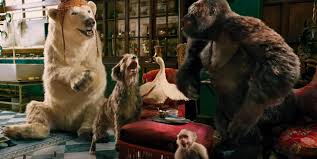
What tickled my fancy this week along with a challenge to be and think “positive”, and not always be negatively looking at the dark side of the moon, was an introduction to Dr Dolittle. This 100 yearold story has the song, “I can talk to the Animals.” The good doctor lost his human patients because of his forming friendships with a host of wild animals. He gathered a great variety in his “band” of creatures and together they had quite some hairy adventures while taking them off to “darkest Africa” to fight an epidemic among monkeys. He managed to vaccinate and nurse the monkeys, so they found and gave him a pushmi-pullyu, a shy two-headed gazelle-unicorn cross, whose rarity does eventually bring Dr. Dolittle some fame and money back home. However while they were shipwrecked and captured by pirates on their travels there are interesting racial overtones illustrating some of the reality of that colonial time. There is an African leader who is anti-colonial as a result of exploitation and then also an African prince who wants his face bleached white and to be a white fairy-tale prince. There have been a number of films made of the original book by Hugh Lofting from the 1960s on and some did also contain racist comments in line with the mentality of the times. Apparently this aspect was edited out in the latest versions. Good, but not good. Why do we let the topic of racism distract us from the important aspect of conversing, talking to and with animals and especially listening to what they have to say?.
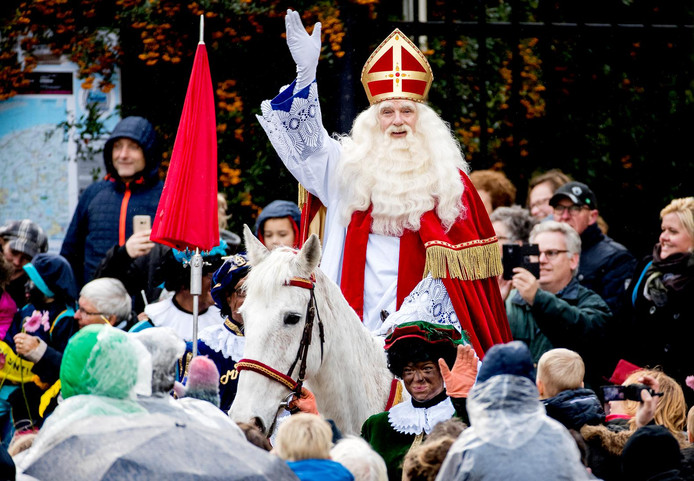
The same racism issue and attitudes can be seen in the celebration in the Netherlands of the feast of Sinterklaas right at this time on 5-6 December. He travels with a black helper, zwarte Piet, and has over time become transformed into Santa Claus, minus the helper. The original tradition is based on a legend of the saintly bishop, Nicholas, who gave presents to good children. It so happens that his black helper was meant to punish or deny presents to the naughty ones. In fact a valuable lesson in childhood behaviour. Incidentally, in the tradition Sinterklaas comes from good Catholic Spain while the black helper is linked with the Muslim Moors who invaded and overran Spain for a time.
In my view, and taking the positive line, we, as the human family, have to learn to live with life, accepting what has been and not judging history by today’s standards. Can we learn to take on board the lessons from life we should learn and work hard to repent, and to adapt our thinking and acting as needed for a harmonious co-existence. That view applies in so many situations. Can we not apply it to the scourge as appropriate to gender-based violence during these 16 Days of activism? Evangelical Lutheran Archbishop Lucas, a member of the FAITH ACTION to end gbv team, writes, “Greetings in this Advent season and 16-Days Campaign, when we remember the tragic irony that it was a woman’s body that was chosen by God to bring Emmanuel to earth and yet it is women’s bodies that are destroyed and maimed on a daily basis in our violent country.”
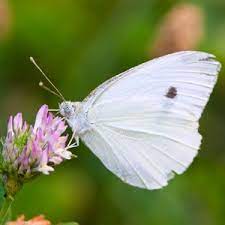
Talking to the animals, noticing their existence and their needs, also talking to plants has been found to benefit them, and us, psychologically. I’ve heard that the little white South African butterfly migration is under way. They didn’t come my way I’m afraid, and I hope that they have not suffered from the ecological extinction pandemic, or maybe they have just lost their way or been diverted. I’d like to talk to them and tell them how valued they, amongst the least of God’s creatures, are or were, in the nature of things. May this Season of Advent bring the joy of harmony in the World of Families, which St Francis would still wish for all God’s creation. In your families ask each other, “Who would you most like to talk to?” and to top it all December Family theme is FAMILIES HOPE FOR THE FUTURE. Check out the http://www.marfam.org/family-matters for details. TR FAMILY WEEKLY 7 DECEMBER 2022 .


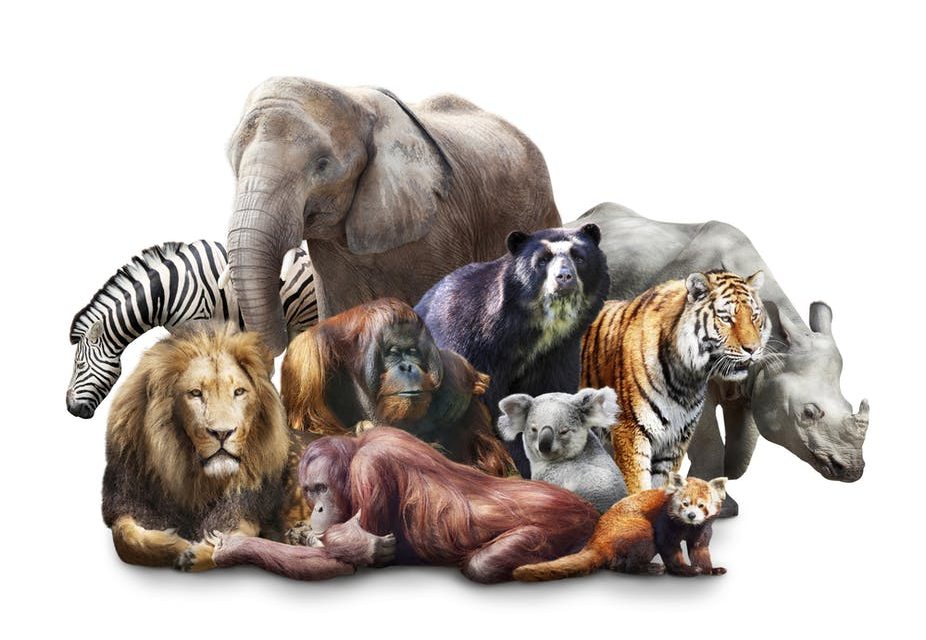
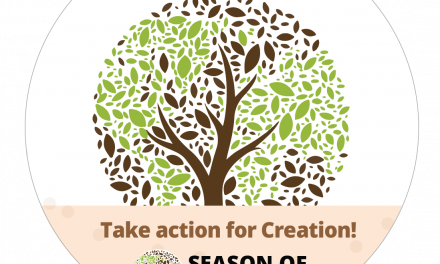

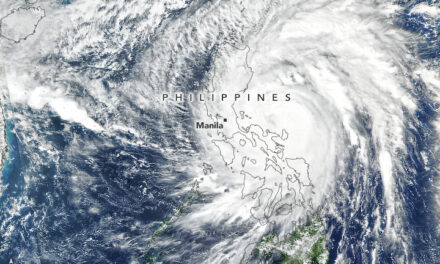
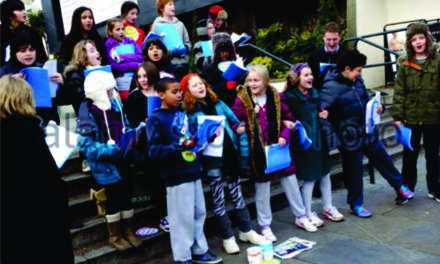
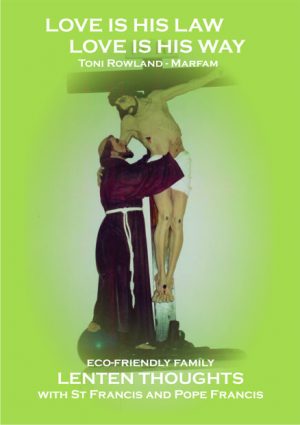
Recent Comments